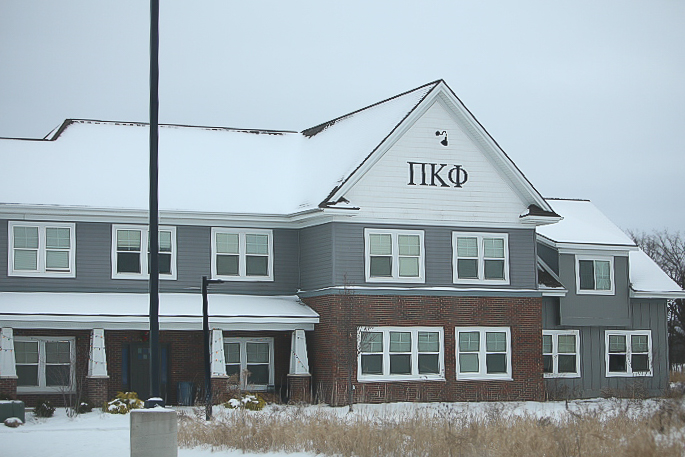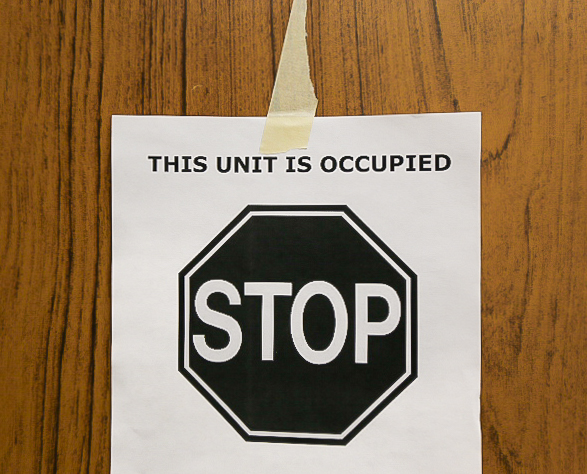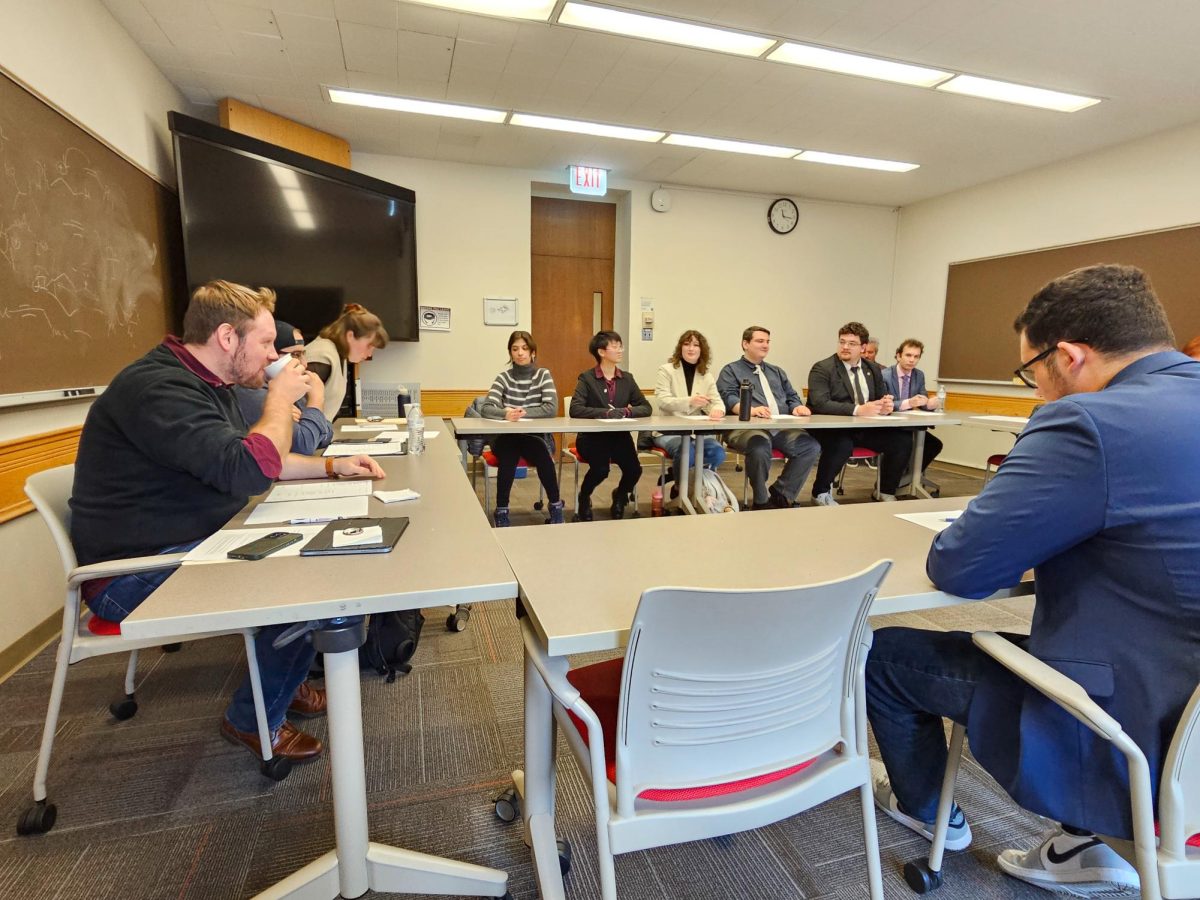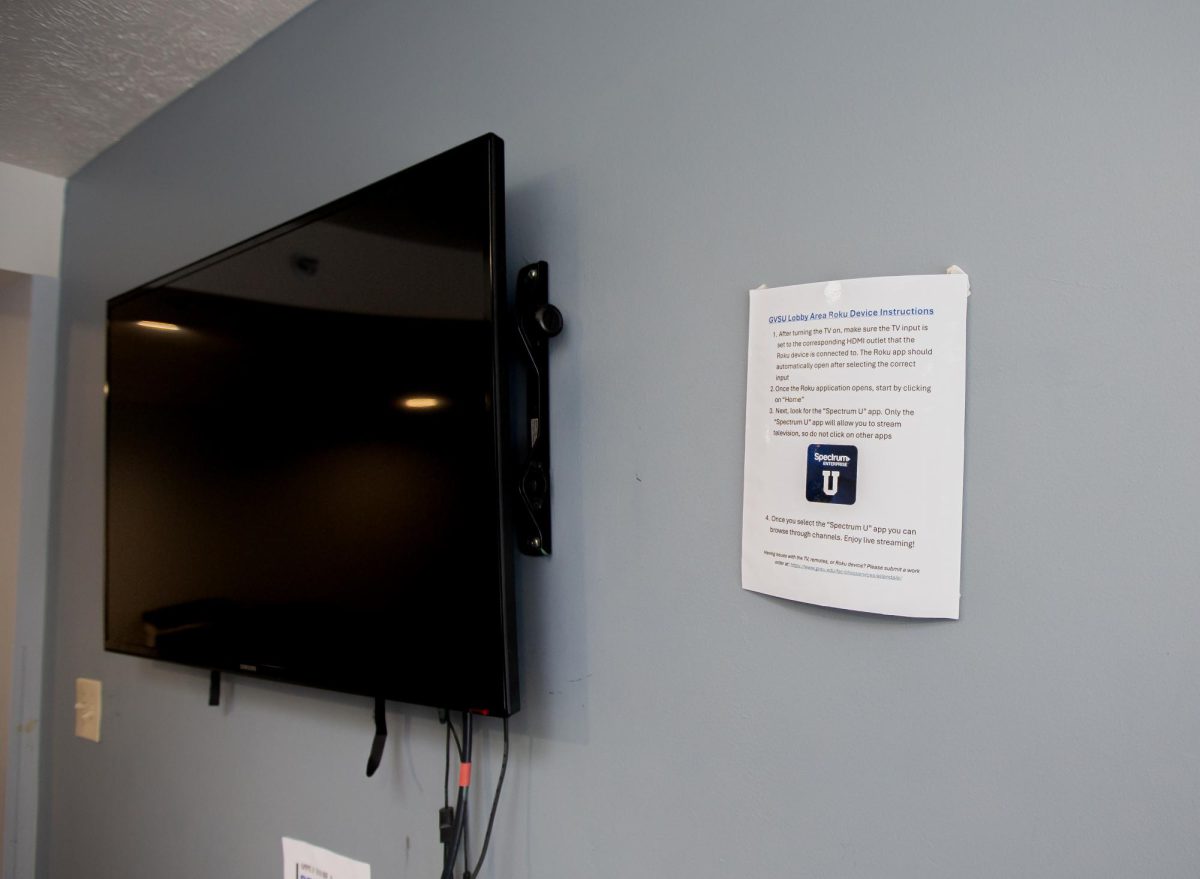The Dangers of Dogmatism
Sep 4, 2013
The beauty of a liberal arts institution is that it encourages students to think critically and delve into fields of study they have yet to explore. But every rose has its thorns, and the thorn that has pricked my side most frequently in Academia is dogmatism.
A Liberal Arts college is supposed to encourage open-mindedness, but this cannot happen if it is social taboo to question the current dogmas. I have felt this stigma in a few of my courses at GVSU. It’s as though there are invisible walls in place which guard the trending, progressive ideas present in Academia. Ideas behind such walls are sanctified; any daggers thrown appear to be thrown only backward toward philosophical predecessors and rarely forward to new ideological frontiers.
Perhaps this claim is not totally just. I am, after all, only a 20-something with limited experience in the academic sphere, yet I feel confident saying this: true open-mindedness cannot be fostered in an undergraduate’s education unless all ideas are questioned under the same critical lens. I have no doubt that many of our instructors have gone on grueling, dialectical journeys to reach their sociopolitical stances, but I’m not certain this same journey is being encouraged in the general student population.
I’m a firm believer that one should always question his/her most firmly-held beliefs. This process is a powerful one, I think, even if you end up in the same place at which you began. Open-mindedness and true critical thinking cannot co-exist, however, with accepting any given value as axiomatically true.
Let me be clear: I do not intend to promote any perspective, nor do I mean to suggest that all people who agree with the trending issues are intolerant of criticism. I will admit freely that I agree with many progressive ideals, but the fanatic atmosphere that seems to surround them often unnerves me. My goal here is merely to point out a problem that exists in the realm of Academia.
This is my fear: that we have created an environment where to question the pervading dogma is to be immediately dismissed as a bigot. At face value, we claim that we are open to criticism, but I fear this is only a face and that those who don’t agree are silenced by fear of an inflammatory response. A philosophy that preaches tolerance cannot possibly retain water if its proponents are intolerant to their critics.
There is a niche to fill here: To truly have progress we must not only question past ideals, but also the ideals that currently reign.
Again, let me reiterate that I’ve had overwhelmingly positive experiences with my GVSU courses. We students are fortunate to attend a teaching-focused institution with brilliant, passionate faculty. That being said, I’ve also had a fellow student tell me that after failing an essay, they rewrote it arguing the professor’s perspective and received an A. Though I was not in the class myself, unless the quality of the paper had truly improved, this is not something that should be happening in a setting that claims to foster open-mindedness.
The point is this: you have to be careful when listening to anyone talk about an opinion they’re passionate about, whether they be your professor or your best friend. Dogmatism is a dangerous phenomenon, which, I believe, is the cause of drastic shifts in ideological eras. In this system, ideas are generally accepted until one innovative man or woman sits down and thinks, “Maybe this just isn’t right at all.” All I’m asking is that we make conscious efforts to create more space for humility in Academia, lest pride and self-righteousness interfere with our quest for Truth.

























